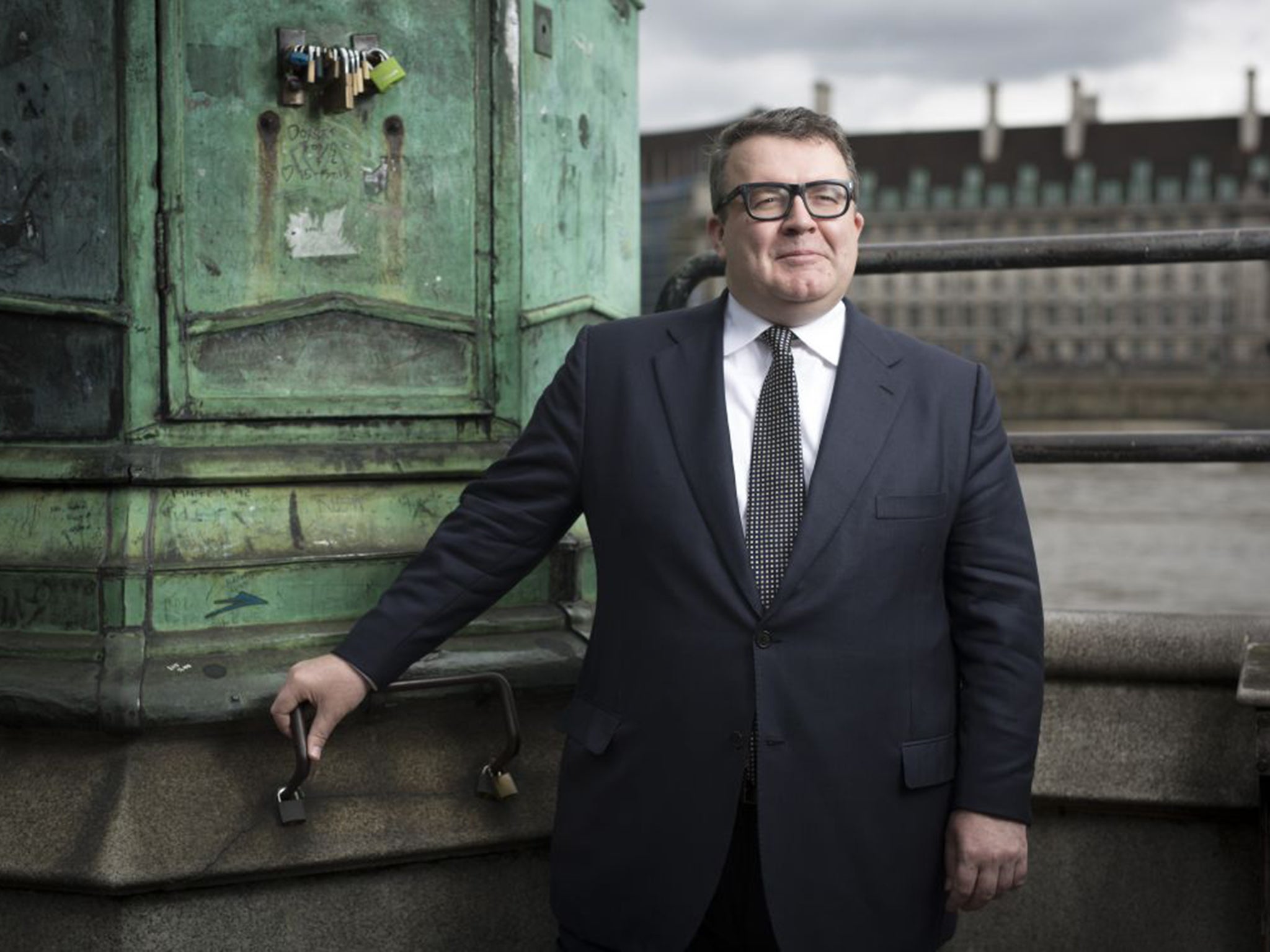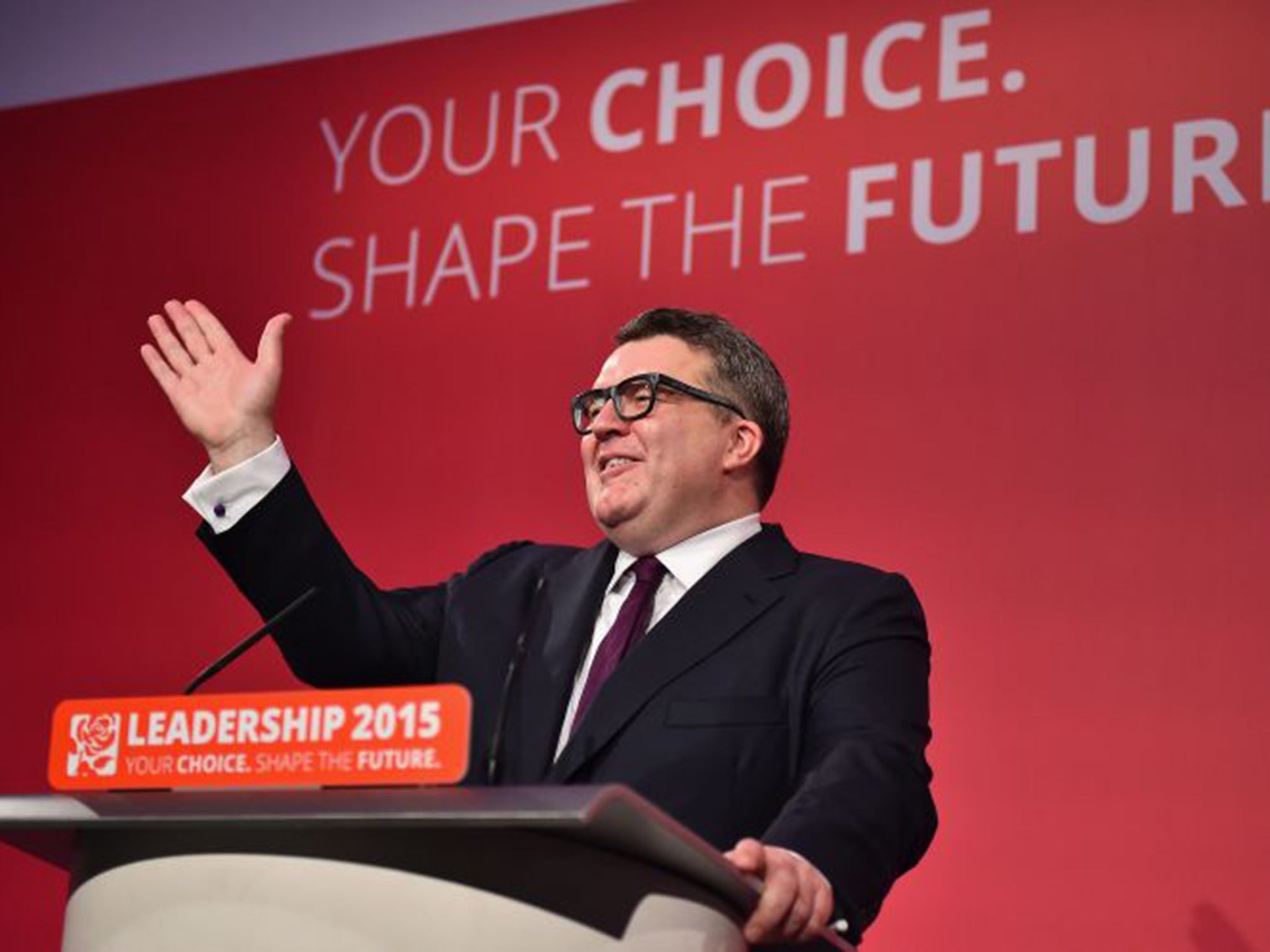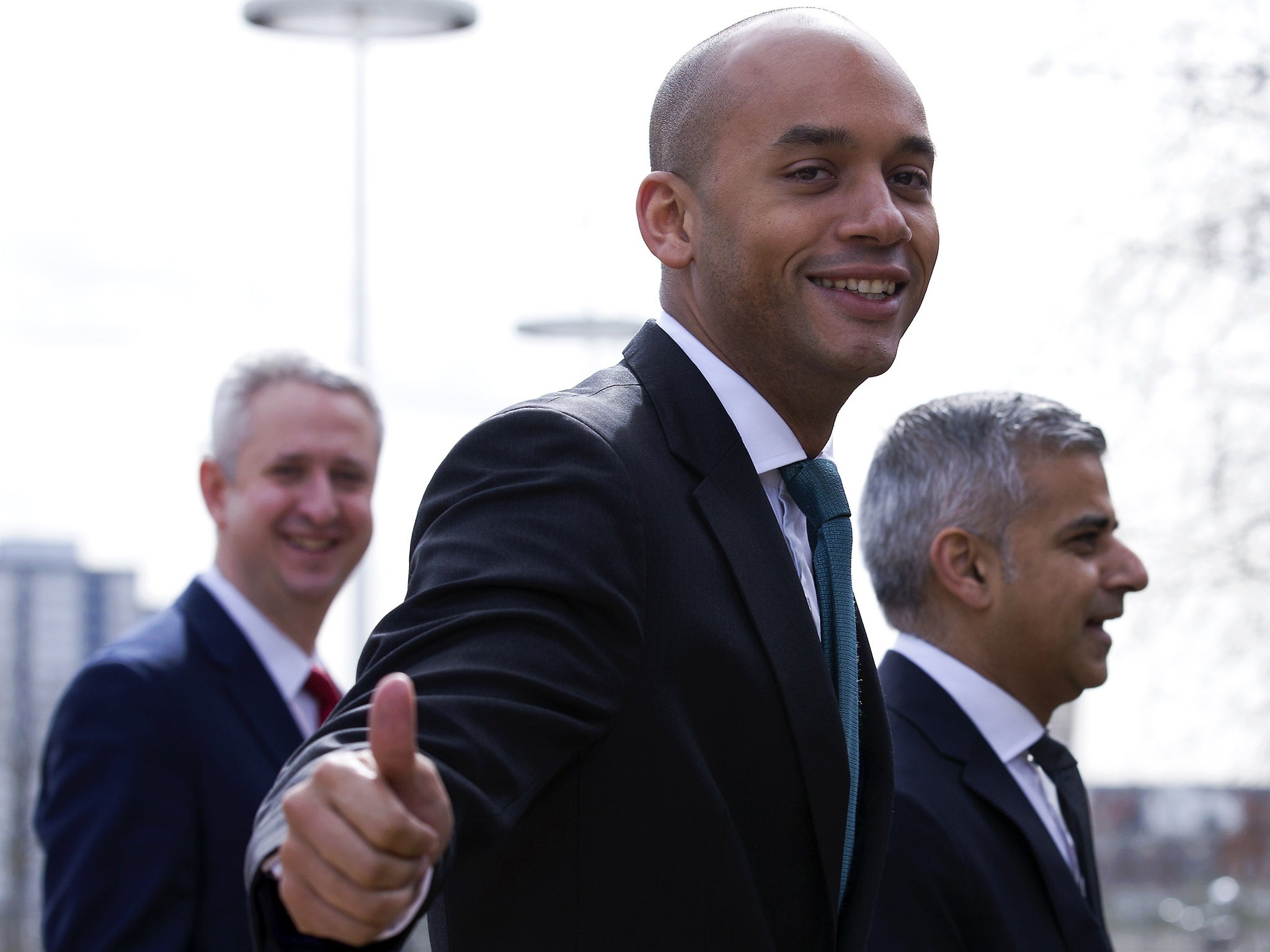Tom Watson: In the pub with Labour's new Deputy Leader
For the former defence minister, former whip, and former Brown henchman, this is the job he seems to have been working towards

Of the friends, family and supporters who greeted Tom Watson when he entered the Old Star pub in central London an hour or so after being elected Labour’s new Deputy Leader, the thumbs-up he received from one man standing at the bar was particularly significant.
John Prescott was the person offering his approval. As Tony Blair’s deputy for 13 years, Lord Prescott will recognise the immediate and difficult task in hand for Labour’s new number two.
Just as Blair had little formal connection to the left of his party and its long-held socialist traditions, and used Prescott as the necessary connecting mechanism, Jeremy Corbyn will need Tom Watson to act as a similar sturdy and reliable bridge to the damaged and deflated centre and right of Labour.
If the party is to resist both a civil war and the towel-throwers who might believe salvation lies only in a break-away, then Watson’s role in holding all factions together will be pivotal.
The noisy and enthusiastic reception he received among friends in the Old Star was predictable. But the standing ovation he was given in the Queen Elizabeth II conference centre when, after three rounds of voting, he finally passed the 50 percent winning line, suggests the party at large know they will need this effective bruiser and fixer when the euphoria of Corbynmania dies down and becomes the routine Westminster pragmatism of opposing a Conservative government.

Watson’s victory speech acknowledged his new role as in-house moderator. He offered covert warnings to the disappointed and the incredulous to calm down, saying : “There is only one Labour and it’s bigger than leaders and deputy leaders, bigger than members and supporters.”
He urged unity – which will be at risk in early days of Corbyn’s inexperienced regime – saying he would back the party’s new leader “100 per cent” . He described Labour as the “last line of defence for the millions of people who suffer in their homes” and added : “Only through unity comes the strength we need to fight the Tories.”
So far, so reasonable. Except that for some – notably Blairites - with long memories, Watson is not to be trusted. The MP for West Bromwich East since 2001 has form for internal regicide. Though personally hard to dislike, he attracts bile for his role as one of the architects in the knifing of Tony Blair, to the benefit of Gordon Brown, his political mentor. But in today’s climate, the Blair/Brown split is, or ought to be, history, and Blairites like Gloria de Piero (whose husband James Robinson is Watson’s comms chief) and John McTernan are willing to move on, publicly at least.
Watson was rehabilitated after Brown’s 2010 defeat and was a key figure inside the group project that swung the leadership Ed Miliband’s way rather than to his brother David. His reward was the post of Labour’s deputy chairman and the role of preparing the 2015 election campaign.
Some questioned his political stamina after he resigned during the public controversy that surrounded allegations of vote-rigging and union-driven dirty tricks during Falkirk’s selection fiasco. His exit, allied to comments that he no longer wanted to be involved in the peaks and troughs of Labour’s efforts to return to power, suggested that the high-profile he had achieved in exposing phone-hacking inside Rupert Murdoch’s UK print empire, was the high-mark of his political career.
That forecast, even if it was true at the time, is now long gone. The Watson wilderness year or so, ended on 12 September.

Chuka Umunna, who dodged the leadership contest before it had effectively started, said the party had to respect the result “come together and provide credible and effective opposition.” That will only happen if the Watson bridge holds up and he can become the effective link between the incoming socialists and the ousted managerial social democrats
Lord Prescott knew that Blair quickly offered Labour the imminent prospect of a return to power. However Corbyn, for the parliamentary party, offers no such promise.
One former Labour minister told the Independent on Sunday: “It’s naïve to suggest that Jeremy Corbyn doesn’t know the inside mechanisms of his party. He does. But he doesn’t know them as well as Tom Watson. Tom knows how to take out a party leader, and how to sustain one. He may need both skill sets, and which will take up most time, well we don’t know that yet.”
Watson’s speech in the QEII pointed to his role as a moderator, as a defuser of an immediate, unconditional lurch to the left, as likely to dominate his initial inbox. He said the Tories believed in “unforgiving markets” but Labour placed its faith in markets that contribute.
For some of Corbyn’s supporters that will already sound like socialist heresy.
But his comment that “Anyone who believes there is a contradiction between being pro-worker and pro-business, doesn’t understand either” could the first test the new Corbyn shadow cabinet has to pass.
One former Downing Street adviser told the IoS: “Watson very subtly laid his finger on a key problem. Corbynism, so far, is all about being anti-business, anti-establishment. If his shadow cabinet is just an echo of his campaign, he’ll have shown he’s not serious about unity. Watson clearly believes as deputy he can argue inside the tent for compromise. I hope that’s true.”
For the 48 year-old former defence minister, former whip, and former Brown henchman, this is the job he seems to have been working towards. Although he told the QEII audience that “Nothing really prepares you for this moment” he seemed well enough prepared to tell the party exactly what it wanted to hear. “Britain has never been a Tory country,” he said, and for the Tories “sniggering” at the prospect of Labour’s most unlikely leader in its history, he simply said “Watch this space.”
Join our commenting forum
Join thought-provoking conversations, follow other Independent readers and see their replies
Comments
Bookmark popover
Removed from bookmarks